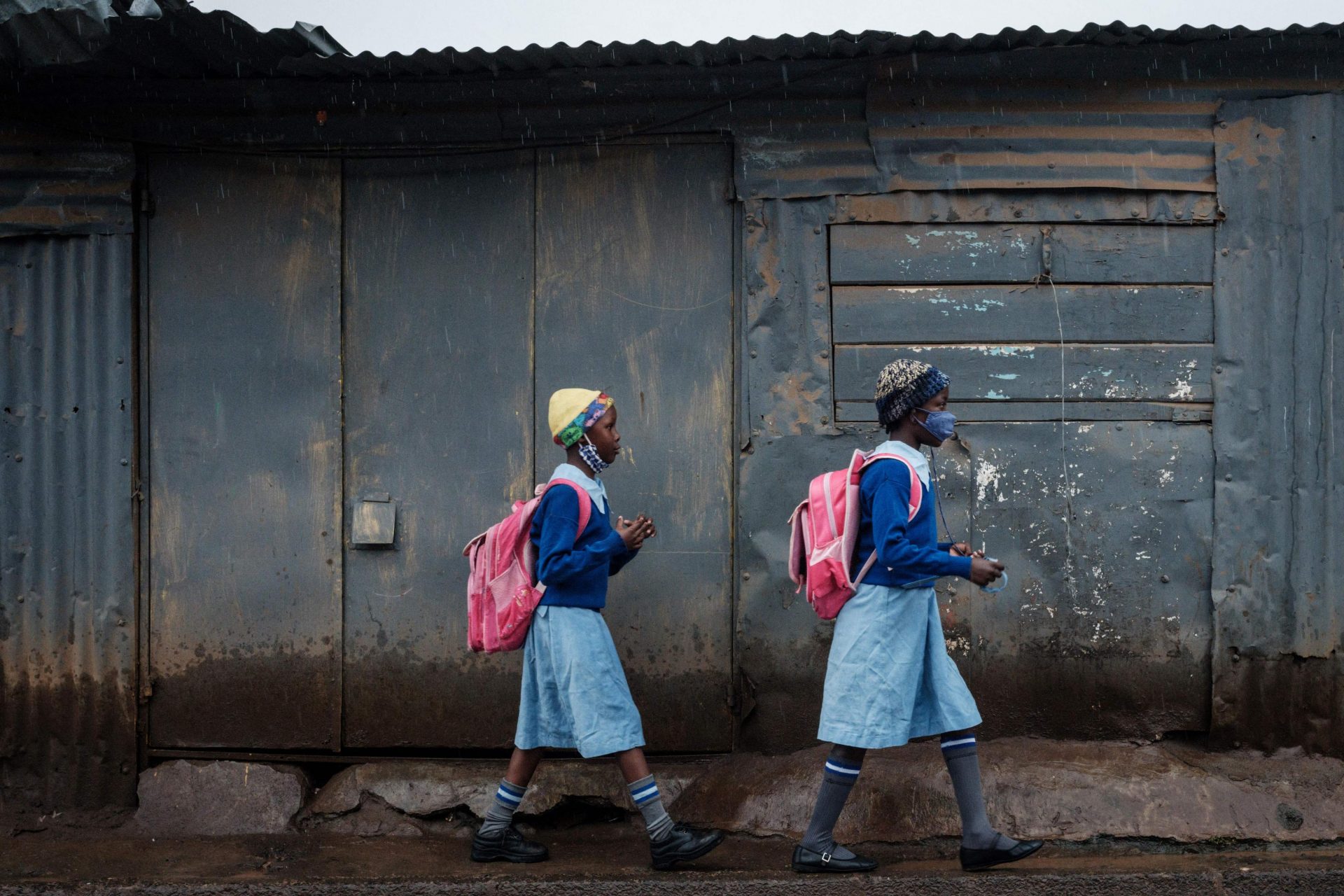Nobody is safe until everybody is safe. It is rare for a simple slogan about a complex situation to be so accurate. This one encapsulates the urgent need to share more Covid-19 vaccines with the developing world. The virus’s propensity to mutate into even more lethal, globe-spanning variants means the rich nations moral responsibility to help protect the world’s less well-off is matched by their self-interest in doing so.
This reality was brought home to me during a recent visit to Kenya, my wife’s home country. An assumption has taken hold elsewhere in the world that Africa has been less badly impacted overall by Covid than other continents. But this is contradicted by the testimonies of many African healthcare professionals, which indicate this assumption is based on incomplete information and does not reflect the real situation.
The experiences of these frontline experts are certainly supported by the anecdotal evidence of our circle of family, friends and acquaintances in Kenya. We know people who have been killed or hospitalised by Covid.
Others have been infected but suffered less severely. And these are mostly middle or higher-income Kenyans with access to decent healthcare.
Among the poorer sectors of society, each wave of Covid has impacted the densely packed, low-income urban areas more severely than the last.
Mercifully, it appears Covid has yet to fully hit the rural regions, where medical facilities are scarce and nutrition is often inadequate. The human carnage that will result if Covid sweeps through the countryside before large-scale vaccination takes place is horrific even to contemplate.
Recent government statements about most hospital intensive care units already being full with Covid patients reinforce the perception of a nation on the brink of tragedy. In common with most African countries, Kenya has far fewer intensive care beds available per head of population than Europe and there is little capacity left to cope with a further spike in severe cases.
The secondary impacts of Covid on people’s livelihoods and the prospects of future generations will cause substantial long-term harm to developing countries. These are the places that can least afford the hit and the damage will worsen the longer the pandemic continues unchecked.
In Kenya, the usually bustling centre of Mombasa, the main port and second city where our family home is located, was visibly quieter than normal during our visit. By all accounts, it has been so since Covid started. Some of this can be explained by people working from home. But this is happening less than in some other parts of the world where the infrastructure to support home-working is more widely available.
Worryingly, much of the reduction in activity can be attributed to small businesses and trading enterprises, upon which the economy relies heavily, having temporarily or permanently shut down. The number of family members who are supported by such businesses, including for school fees (which almost everyone must pay for secondary school), means the long-term consequences of this economic contraction may be disastrous.
Unlike in wealthier countries, the government lacks the funds to prop up the economy on a massive scale. There is never a good time for a pandemic, of course, but the timing of this one is particularly unfortunate for Kenya. The government has stretched the country’s finances over recent decades by taking out loans to fund an overhaul of the country’s infrastructure.
Repayment of some of these debts has fallen due at the worst possible moment, prompting the government to impose tax increases when many of its people are least equipped to pay.
As the wisest old uncle in our family pointed out, perhaps the greatest hidden damage done by Covid-19 to Kenya and developing countries worldwide will be the loss of education suffered by its children.
For most pupils, a whole year of school was cancelled in 2020. The better-off minority at least had the means to maintain online schooling. But the majority lacked the IT to do so. It is not yet clear how this missing year can be completely caught up. Worse, some youngsters have not been able to return to school at all for economic reasons including, in the case of some teenage girls, early marriage.
Kenyans value education intensely. They recognise its power to elevate the prospects of individuals, who can then give back and transform the lives of their whole families. Any major setbacks to this crucial means of social mobility will be felt deeply for generations.
The damage caused by Covid in Africa is already huge and heading for worse. Due to severely limited supplies, only about 3% of Africans have been fully vaccinated so far. In Kenya, any hint of new vaccine supplies arriving sparks a scramble to secure one of the badly over-subscribed jab appointments.
Meanwhile, millions of unwanted doses are passing their expiry dates elsewhere in the world and being destroyed. Decency and solidarity should compel the developed world to share more vaccines with the places that desperately need them. As should self-interest and the need to prevent variants.
Warning: Illegal string offset 'link_id' in /mnt/storage/stage/www/wp-includes/bookmark.php on line 357
Notice: Trying to get property 'link_id' of non-object in /mnt/storage/stage/www/wp-includes/bookmark.php on line 37







